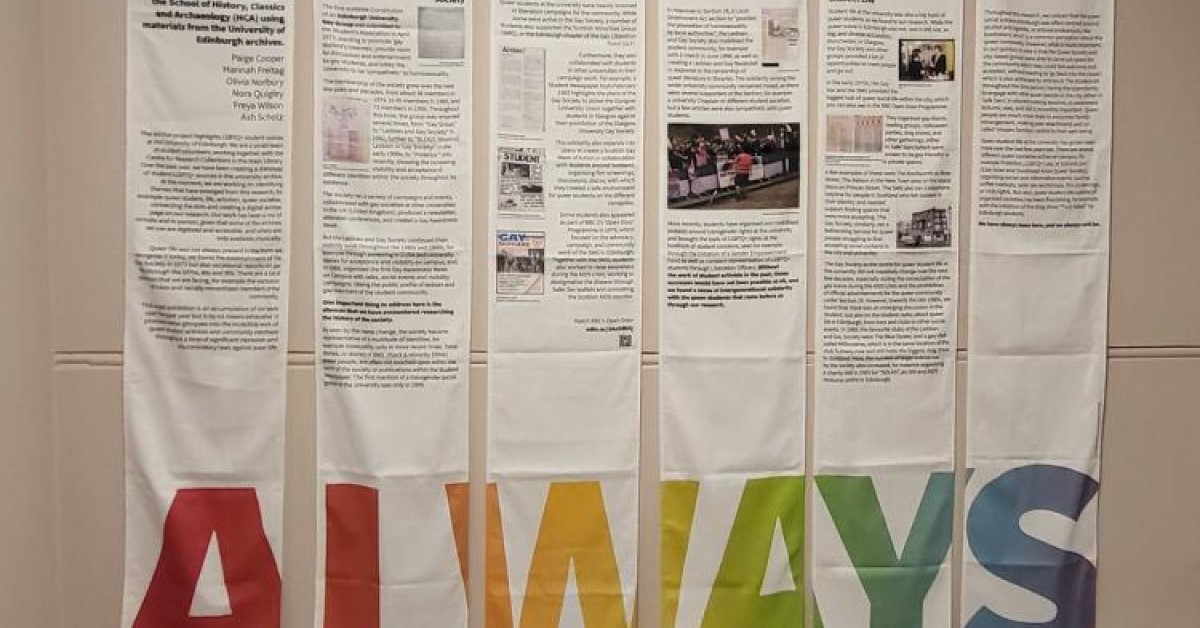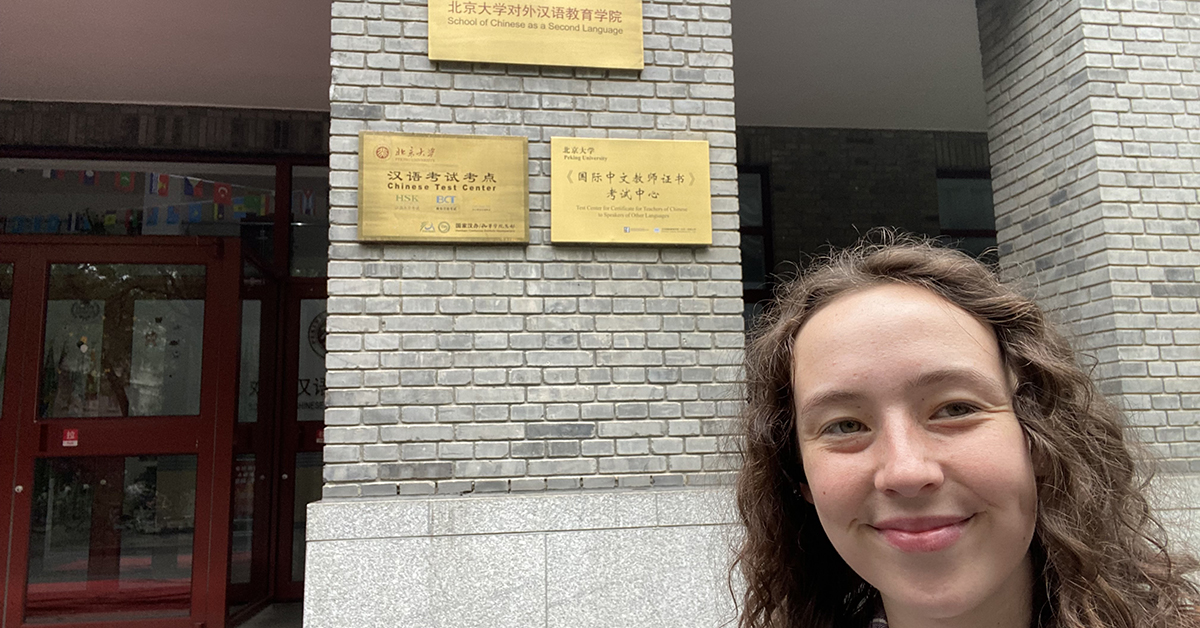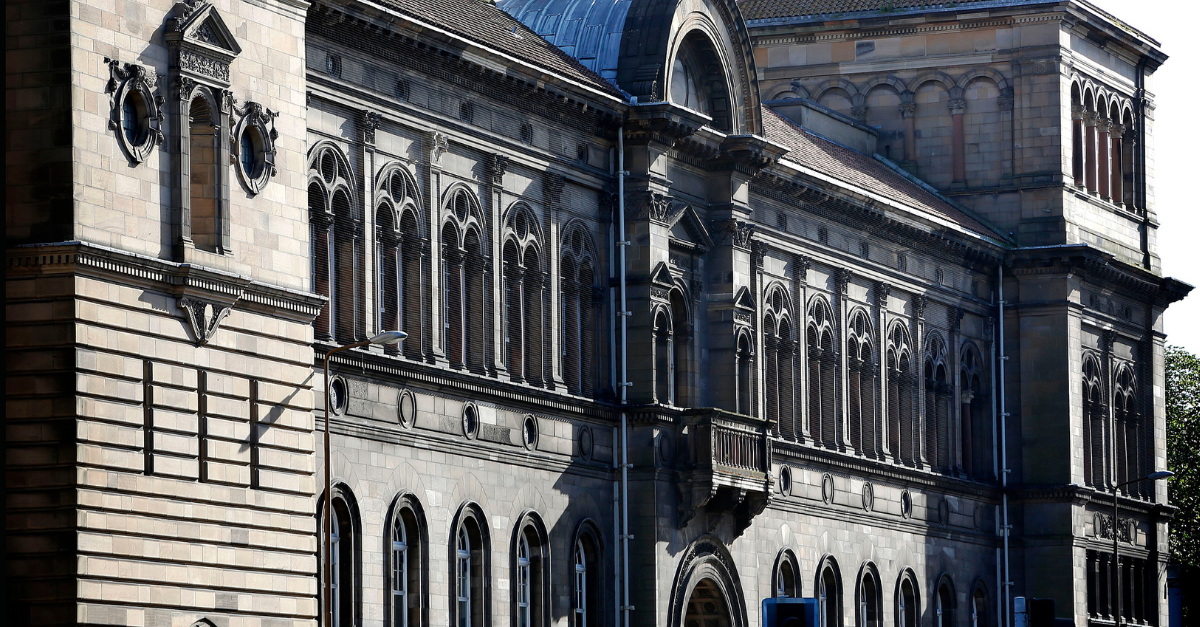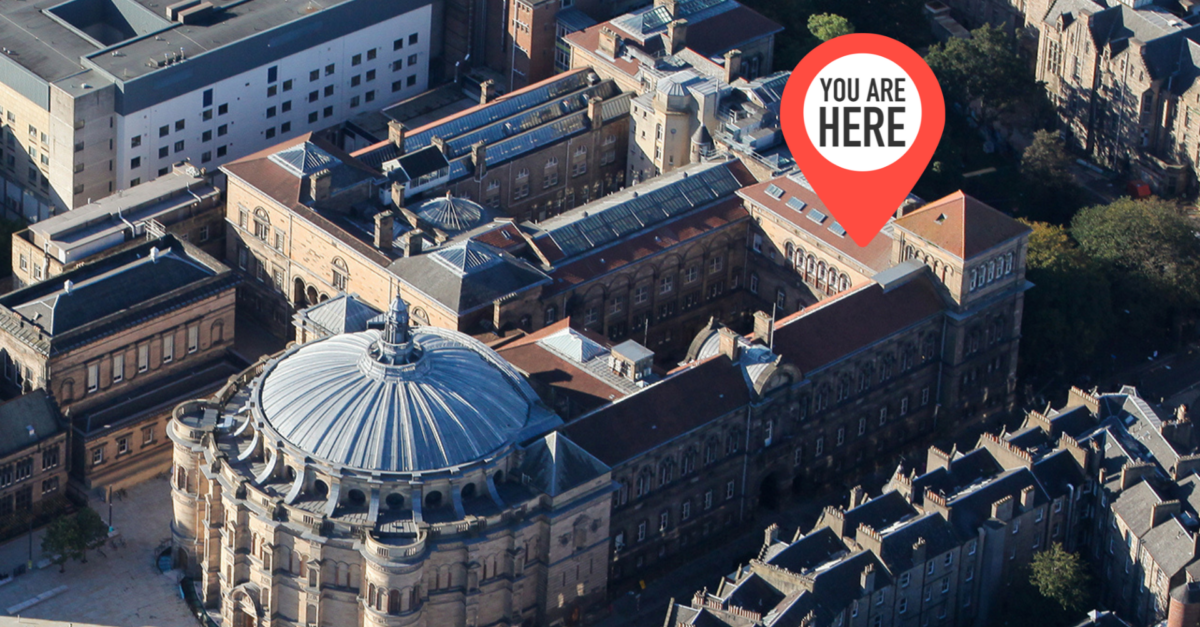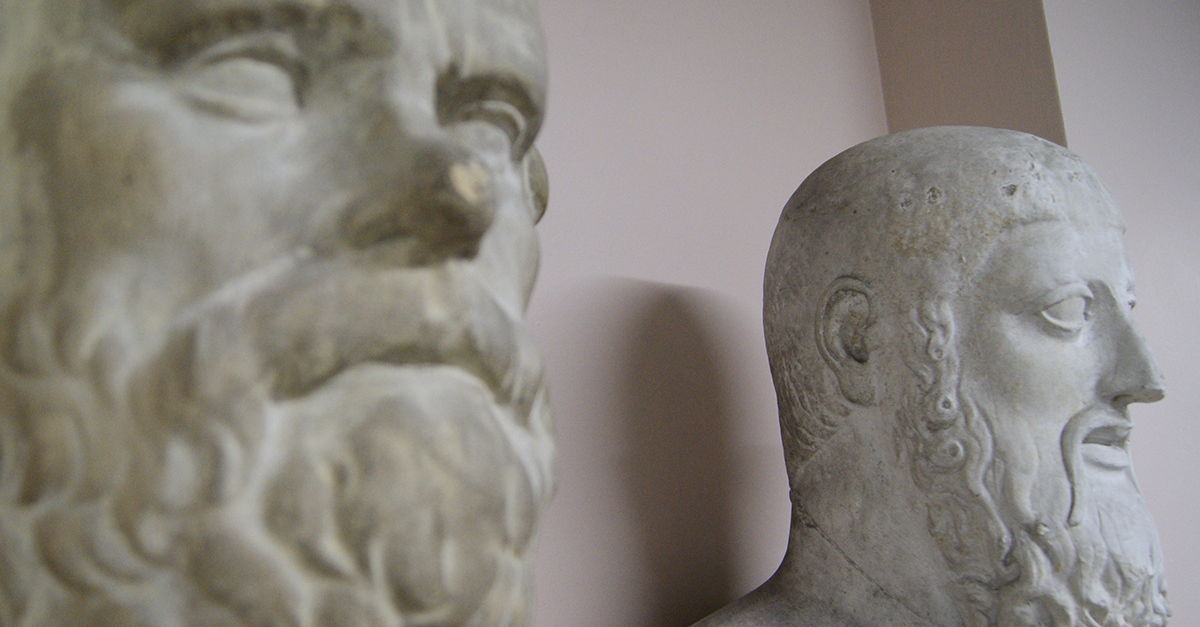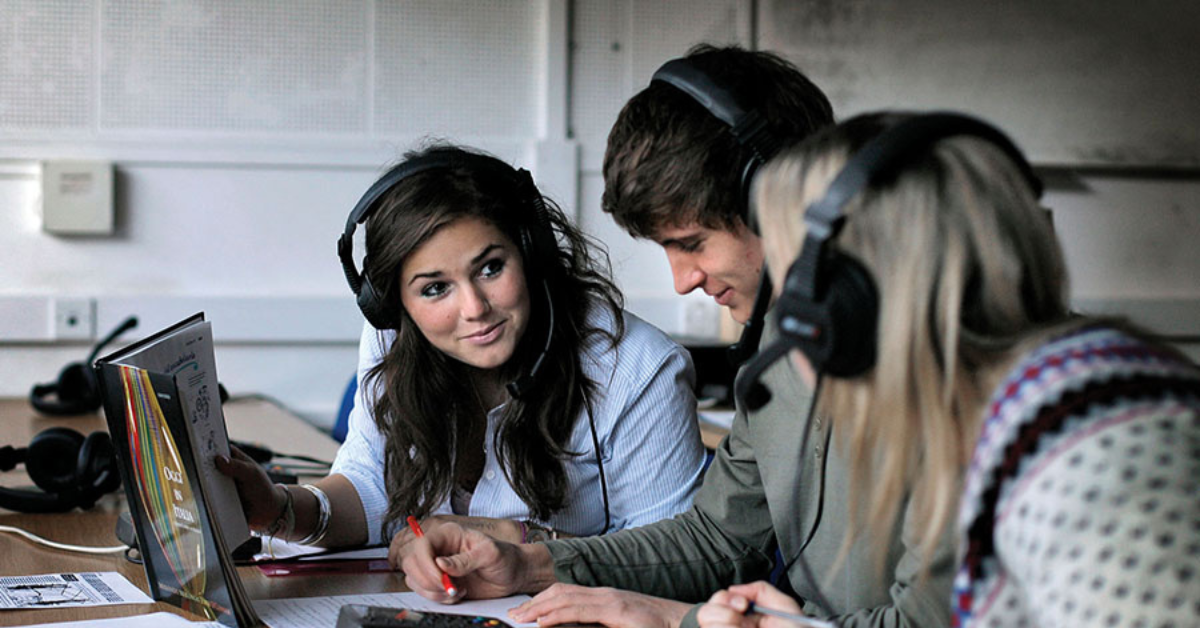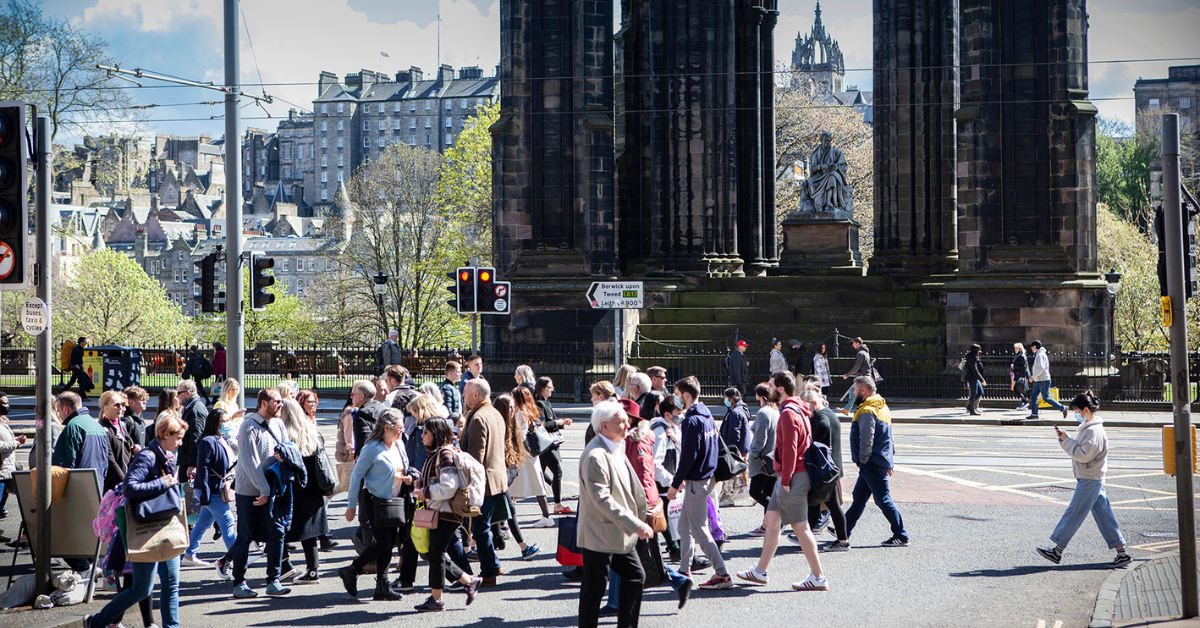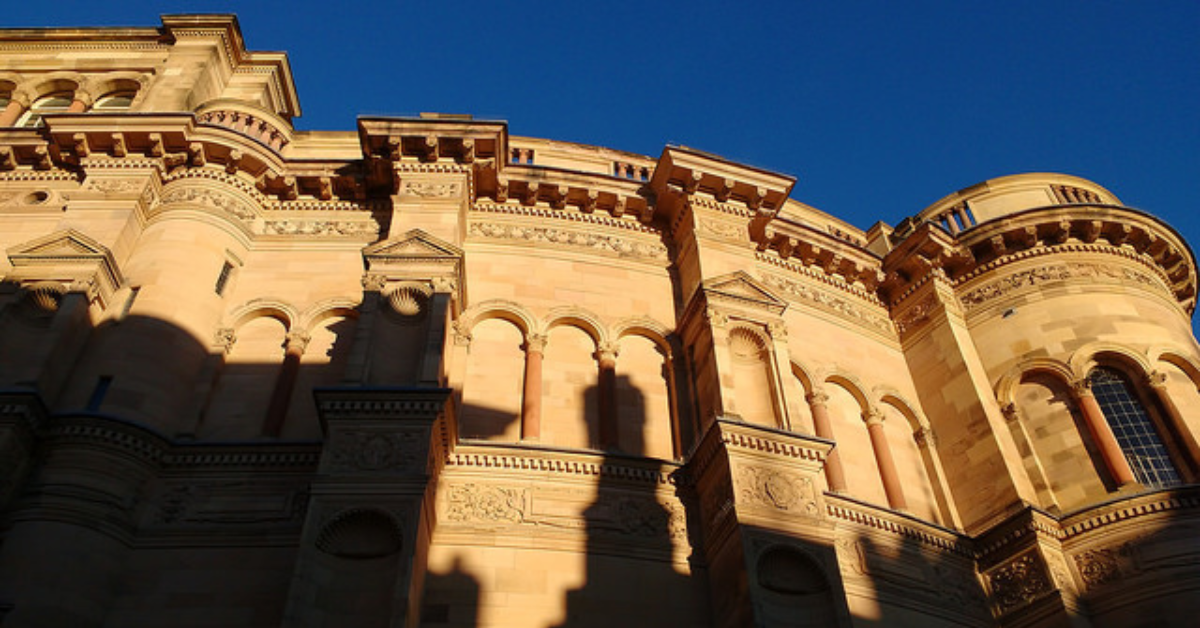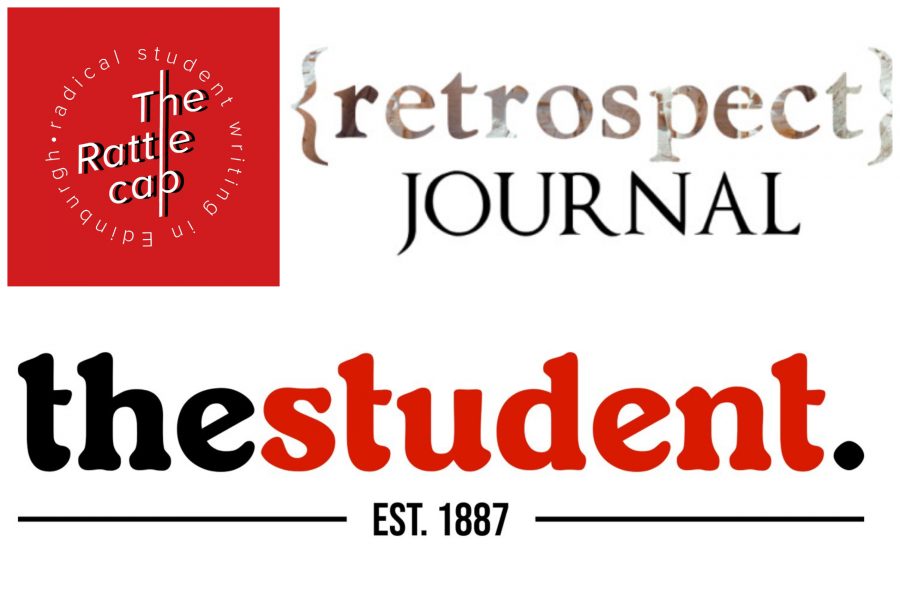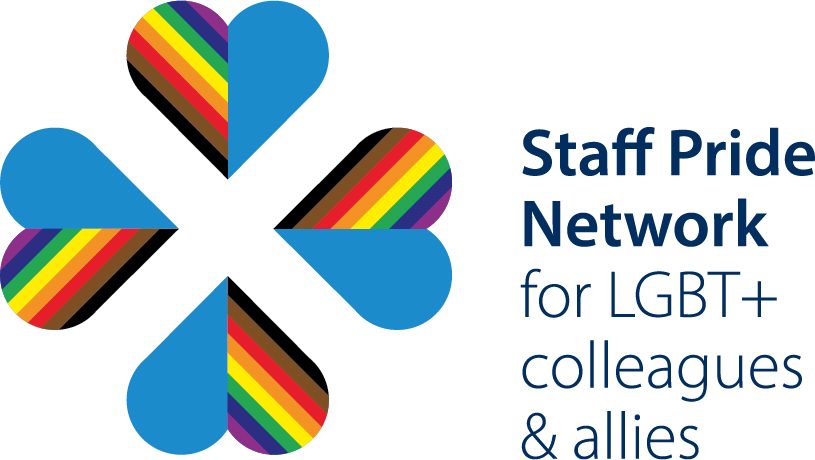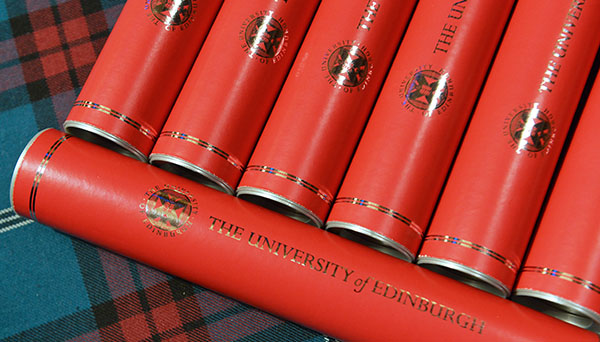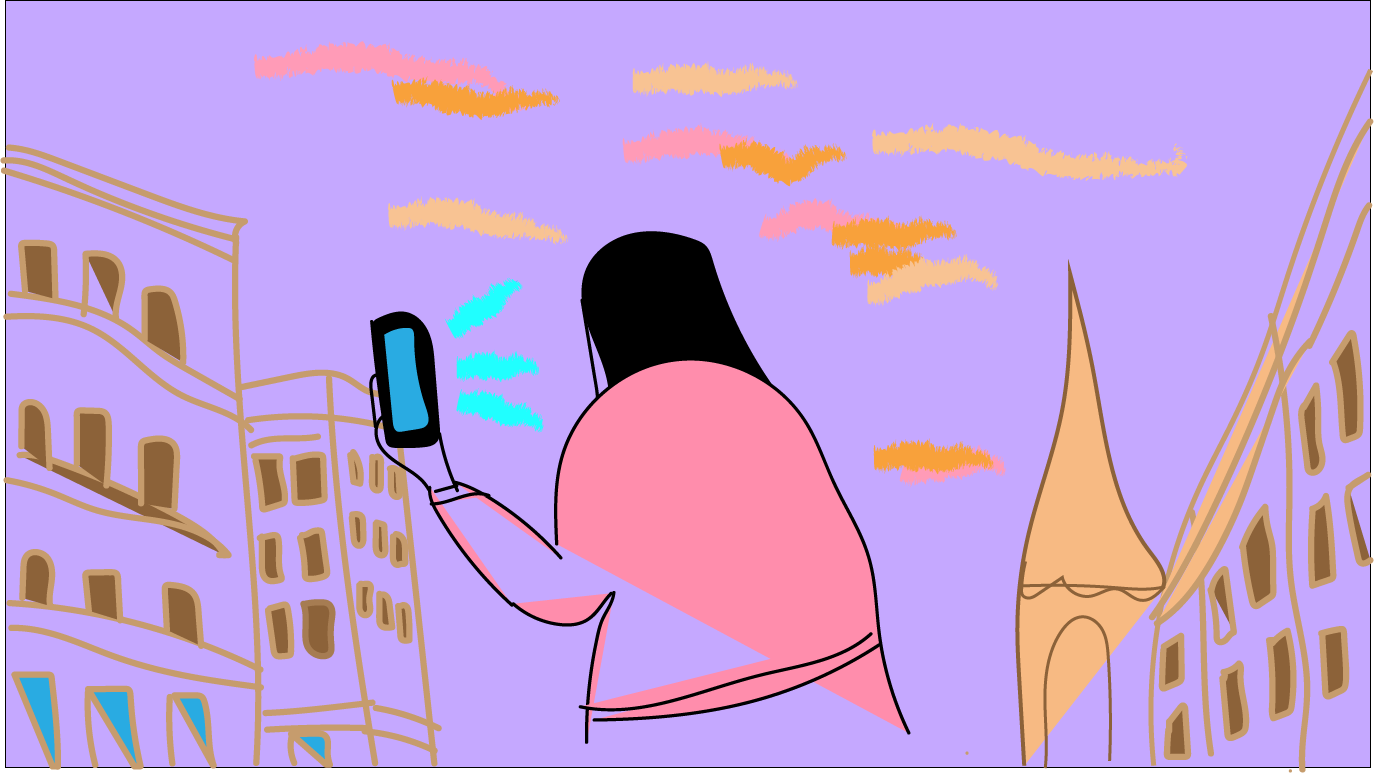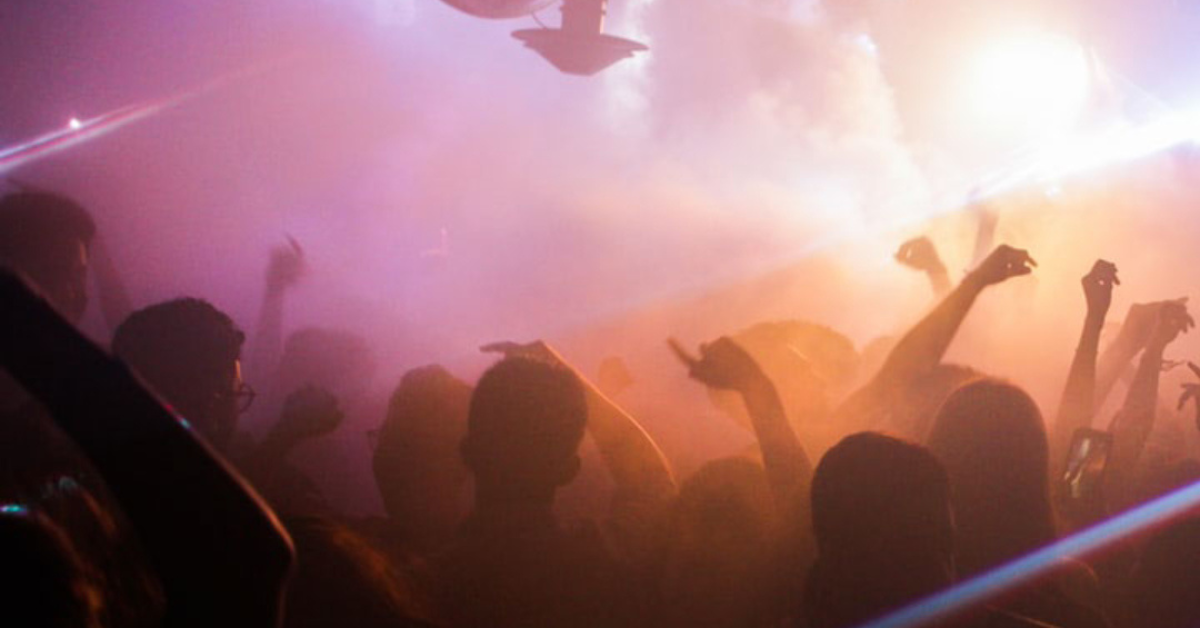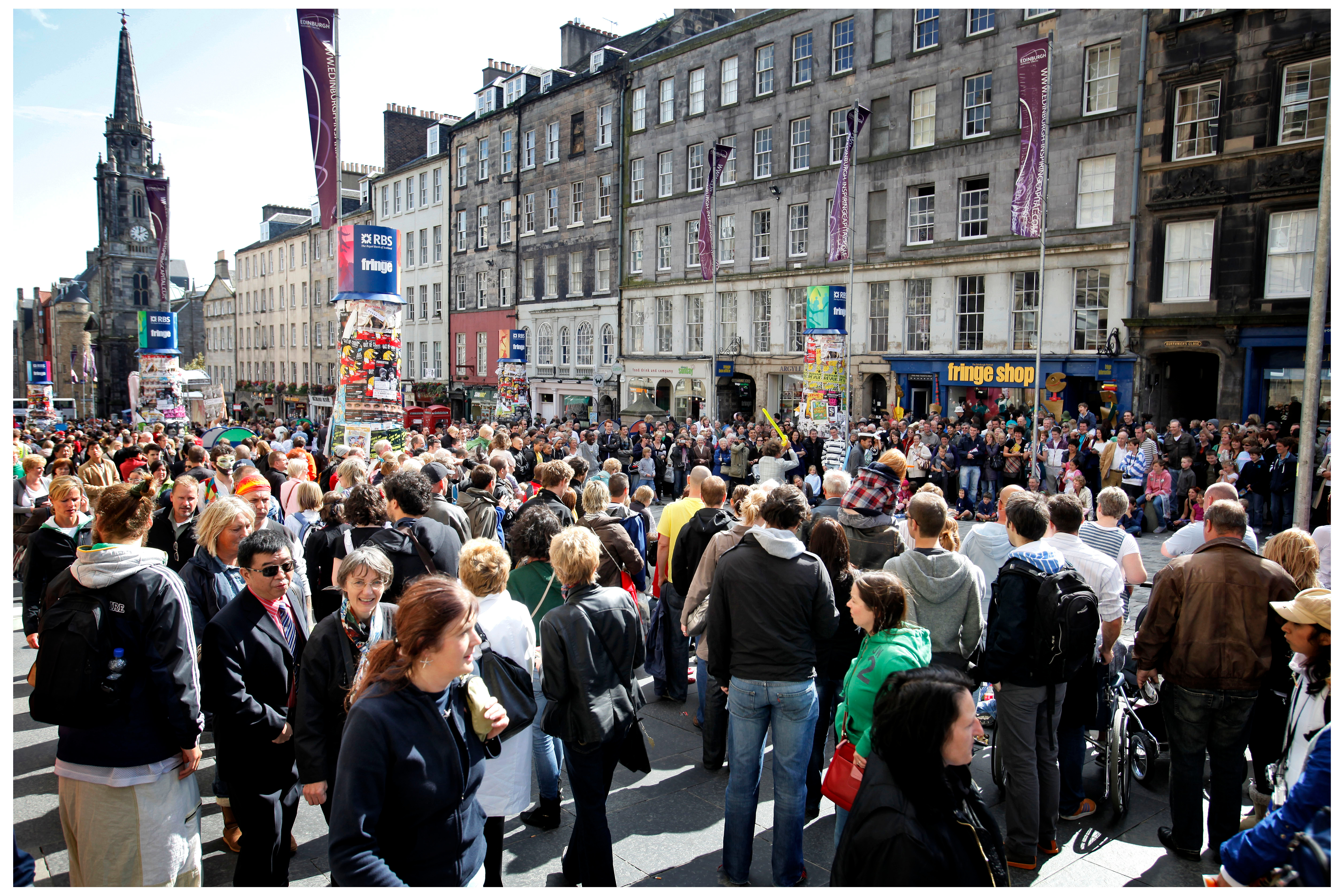Tag: blog
What does it mean to be queer in Edinburgh? Ash is a fourth year History and Politics student, and student ambassador. Ever since arriving at the university as a queer person, I have felt that there such a wide array of queer events, LGBTQ+ societies and groups in the city, but the amazing queer […]
Joint honours student Aalish is spending her year abroad at Peking University. She studies Chinese and History with the School of Literatures, Languages & Cultures. The opportunity to combine both of my interests in History and Languages was something I knew I wanted to pursue at university and Edinburgh offered me not only that, but […]
Tanvi shares her experience of being an international student, and the supportive community of School of History, Classics and Archaeology. Student life in Edinburgh is colourful and multifaceted, and this is something that the University has continued to provide throughout my time as a student here. My experience at the School of History, Classics and Archaeology […]
Lockdown taught us that you don’t really need to be somewhere physically to get the work done, right? History student Olivia might disagree. When I started university, I didn’t really spend much time in the William Robertson Wing – the home of the School of History, Classics and Archaeology, or HCA as it’s usually known. […]
Twice the fun or double the trouble? Student Ambassador Aalish is studying a joint honours degree. I made the choice to study Chinese and History simply because I love learning a language and history has always had a soft spot in my heart. Studying a language alongside history presents its own unique challenges, not only […]
Over 10,000 overseas students matriculated with the University of Edinburgh in the 2021-2022 academic year, but what is like to study here? Georgia-Taygeti – originally from Greece – shares her experience. My favorite class throughout the first two years of my History degree was not an actual history class. Instead, I looked forward the most […]
Moving to another city can be stressful and frustrating but there can also be unexpected benefits, as Hanna (Classical Studies MA Hons) found. When I first came to Edinburgh, everyone assured me that there was an “amazing” public transport system here. However, coming from a big city in Germany with a close-knit system of trams, […]
Scarlett is a 4th year History and Politics student and she’s going to take you through a typical day in her life to give you a taste of what it might be like to study at the University of Edinburgh! It’s Wednesday, February 2nd… 8.00am – Typically when I wake up and the first […]
As part of Pride Month, Tristan (Ancient and Medieval History, MA Hons) shares his experience as an LGBTQ+ student at the University of Edinburgh. Navigating your first year at university can feel both intimidating and exciting as you get to grips with higher education, exploring a new city and meeting new people. This experience can […]
Former History (MA Hons) student and now MSc History student, Ruby, takes a look at student journalism and creative writing opportunities at the University of Edinburgh. Undertaking a degree in the School of History, Classics, and Archaeology means you won’t be short of chances to hone your writing skills. Whether they take the form of […]
Leaving home to go to University is daunting enough, but what’s it like if you’re travelling across the world to do it? Scarlett is from the US so she can tell you. At times as an international student, it can be difficult to be so far away from home. But trust me when I say […]
The University of Edinburgh Staff Pride Network supports LGBT+ colleagues and allies, one of whom is HCA staff member Emma. We asked her about her role as Ally Representative. Hi there! I’m Emma, the School of History, Classics and Archaeology’s Modern Apprentice who has recently been appointed as Ally Representative in the University of Edinburgh […]
After four years of study, why would you want to do more? One of our Student Ambassadors, Alfie, has some thoughts. An undergraduate degree at university is a significant commitment. Time, money, not to mention a lot of concerted effort to complete whilst juggling a variety of other elements of life. So, when considering the […]
Dissertation. A big word, and often a scary one. Alfie, a Student Ambassador, looks at ways to make it slightly less intimidating. Perhaps the culmination of your time at university and exceptional (circumstances notwithstanding), also the longest piece of academic writing you will have created to date. Sounds like a lot – and let’s not […]
It’s November. It’s cold, dark, and very, very grey. The weeks are filled with endless assignments, frustrating group projects, hours of staring at your laptop screen, and most likely a lot of reading. Asha, a final year History student, looks at how to improve your mood when it starts getting dark at 3pm. Every year […]
We asked Student Ambassador Alfie for his thoughts on what it’s like working whilst studying. My first piece of advice for any students looking for a job in term-time would be to make sure you read the job advert closely. If you don’t, you may end up like me. Not that that’s a bad thing. […]
One of our Student Ambassadors, Kate, tells us why she was interested in the role. New beginnings are some of the most exciting experiences of our lives. For me, the most exciting new beginning was when I uprooted myself from Lancashire in the North West of England and came to Edinburgh alone to begin my […]
One of our students, Sarah, gives us the lowdown on surviving exams. As a student, exams are inevitable: some courses only require in-term coursework, but most have a final exam to test your learning through the semester. As a fourth year I’ve gone through many exams and have developed my ideal system for dealing […]
It’s only now that I’m in my last semester of my final year, and I’m having to contemplate moving to a new city, do I realise quite how much I love Edinburgh and the people in it. Having lived here for four years now, and I can honestly say that there is no other place […]
The rules and regs of summer in Edinburgh by Student Ambassador Ruby. I’ve always argued that Edinburgh is a city designed for ‘bad’ weather. The Old Town looks even more Gothic in the gloom, and no student’s Instagram would be complete without a photo of Arthur’s Seat surrounded by atmospheric sea mist called ‘haar’. However, […]
Everything you ever wanted to know about essays but were afraid to ask by Student Ambassador Constance. Essay writing, love it or hate it, it is the metric by which we students are measured. Figuring out your ‘style’ is something of a journey and will inevitably include some painful marks to grow as a writer. […]
All work and no play? Student Ambassador Jack looks at working as a student At times, it can be a tricky balancing act but I’ve benefited greatly from getting a glimpse into the world of work; from stepping into a completely different environment to University study, doing something I enjoy whilst gaining different skills from […]
Edinburgh is a tourist hotspot but students can enjoy its attractions all year round. Ossana, a Student Ambassador, went to Rosslyn Chapel. The end of exams put me into a touristy mood. It is during these times, even more than usual, that I feel immensely glad that I chose to study in Edinburgh. The city […]
The School, its Societies and students organise regular events and this was the inaugural event in the Staff-Student Cup (which is a shield, it’s a long story). Senior Student Ambassador Francesca was there! This semester the School of History, Classics and Archaeology (HCA) is launching an annual Staff-Student Cup. This is a series of three […]


